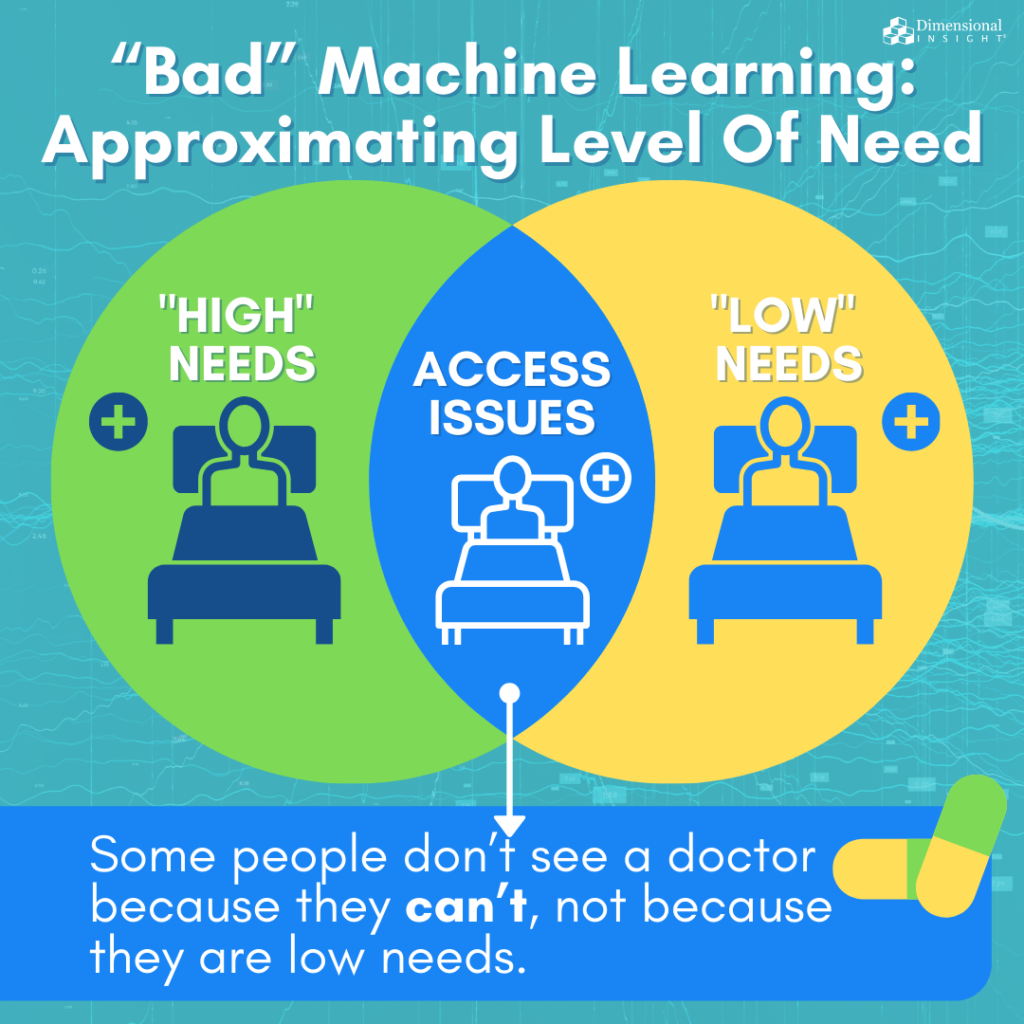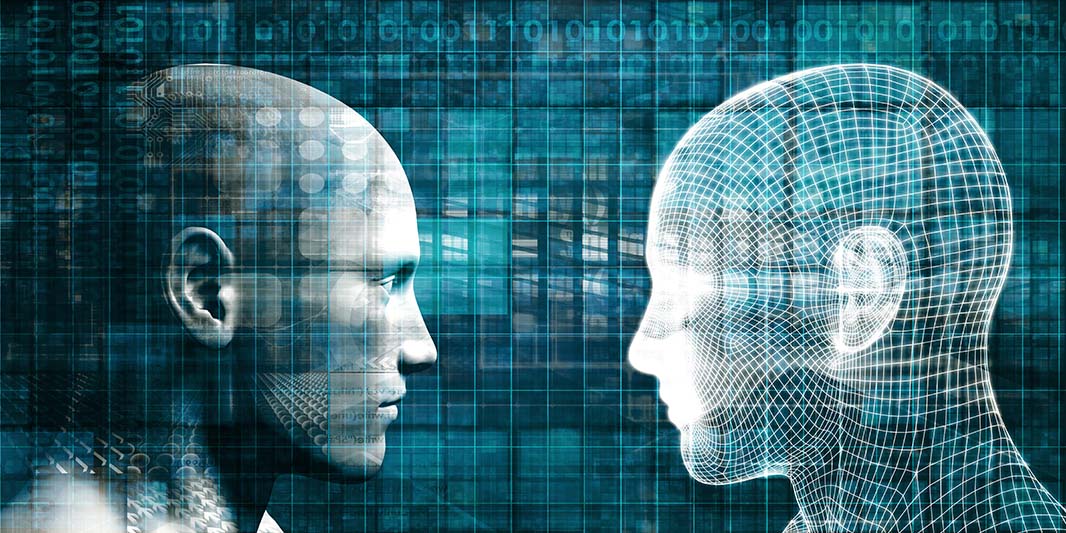There’s been a lot of buzz lately about the potential applications of machine learning in healthcare. For example, University of California, Irvine researchers recently created a machine learning model that predicts the probability a COVID-19 patient will need a ventilator or care in the ICU.
While there are promising applications of the technology in healthcare, there are also concerns. For example, Stanford University researchers recently concluded that predictive models have limitations when it comes to health equity and fairness. Given these concerns, what are some of the ethical considerations healthcare organizations should make when it comes to implementing machine learning? I recently spoke to Kevin Ross, CEO of Precision Driven Health, for the Smarter Healthcare Podcast on this topic. You can listen to the podcast episode below, or read on for some highlights from our discussion.
Advancement of machine learning in healthcare
Healthcare has always felt a step or two behind other industries when it comes to implementing technology. But there is currently a large amount of research going on in health.
Ross says, “The whole idea of machine learning and artificial intelligence is going to come at a great pace for the next few years because of all the work that’s been going on in the background, trying to integrate the same concepts from other industries into the health sector.”
While healthcare is slower to move than, say, banking or retail, Ross believes that’s a good thing, as we want to make important decisions about individuals and society in a well-informed way.
Ethical challenges with machine learning
Machine learning takes us from a world where you do really slow, thorough, methodical research to more “real-time” research. With machine learning, physicians are getting a machine to help with the analysis that would usually do on their own. Artificial intelligence or machine learning accelerates that whole process and does pattern matching in real time.
This process can introduce ethical challenges. As Ross says, “As soon as you start asking a machine to say, based on the person in front of me, tell me about people like this, that invites the possibility of unexpected consequences. The machine might recognize patterns that aren’t true. Or it’s not particularly reliable about the person to whom you’re giving advice or within the population that it’s comparing them against. By doing that sort of real-time on-the-fly research, you could easily give advice that’s not actually appropriate to that person.”
It’s also important to remember that models are only as good as the data that goes into them, so when you build models it’s important to think carefully about how you are doing so.
“Bad” machine learning
Are there examples of “bad” machine learning that we should be aware of? Ross says, “One of the biggest challenges in applying machine learning in health is that we often have data that’s either missing or that we have to make inferences from.”
One example is in trying to approximate the level of need in a population. People who have to see medical professionals often are thought of as “high needs” while those who don’t see them are seen as “low needs.” However, this doesn’t take into account access issues – oftentimes, people don’t see a doctor because they can’t, not because they are low needs.
When this is then brought into a machine learning model, the model might say, “People like you don’t seem to have this condition,” when in actuality, it is, “People like you have not been able to get care for this condition.”
The future of machine learning in healthcare
Despite the challenges with machine learning, Ross is optimistic about its use in healthcare.
Ross says, “I think there’ll be some disrupters in the sense of new services that come from the outside. It’s one of those areas that the system itself changes very slowly, but if someone comes from a bit outside the system – and by that, I mean technology companies that can come in with a very specific area of expertise that they can really help people with – I think we’ll see a whole range of those that people will actually start to go to first, rather than go to second.”
He concludes with, “Think of other service industries and what they were like ten years ago. Health might be about ten years behind, and so you’ll see a similar sort of transformation in that time.”

To listen to more episodes of the Smarter Healthcare Podcast, visit www.smarthcpodcast.com or subscribe on your favorite podcast app.
- Navigating the Future: Trends in Wine Tasting Rooms - July 16, 2024
- Why You’ll Want to Attend DIUC24 - June 20, 2024
- The Role of Technology in Solving Nursing Challenges - May 6, 2024



